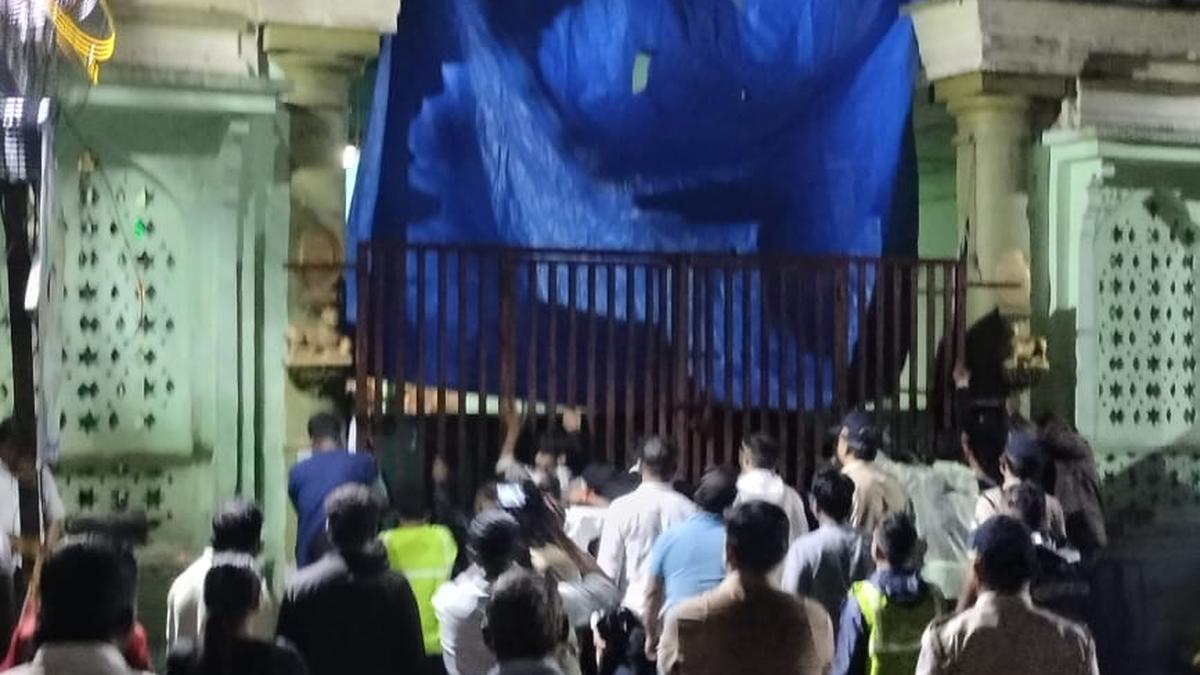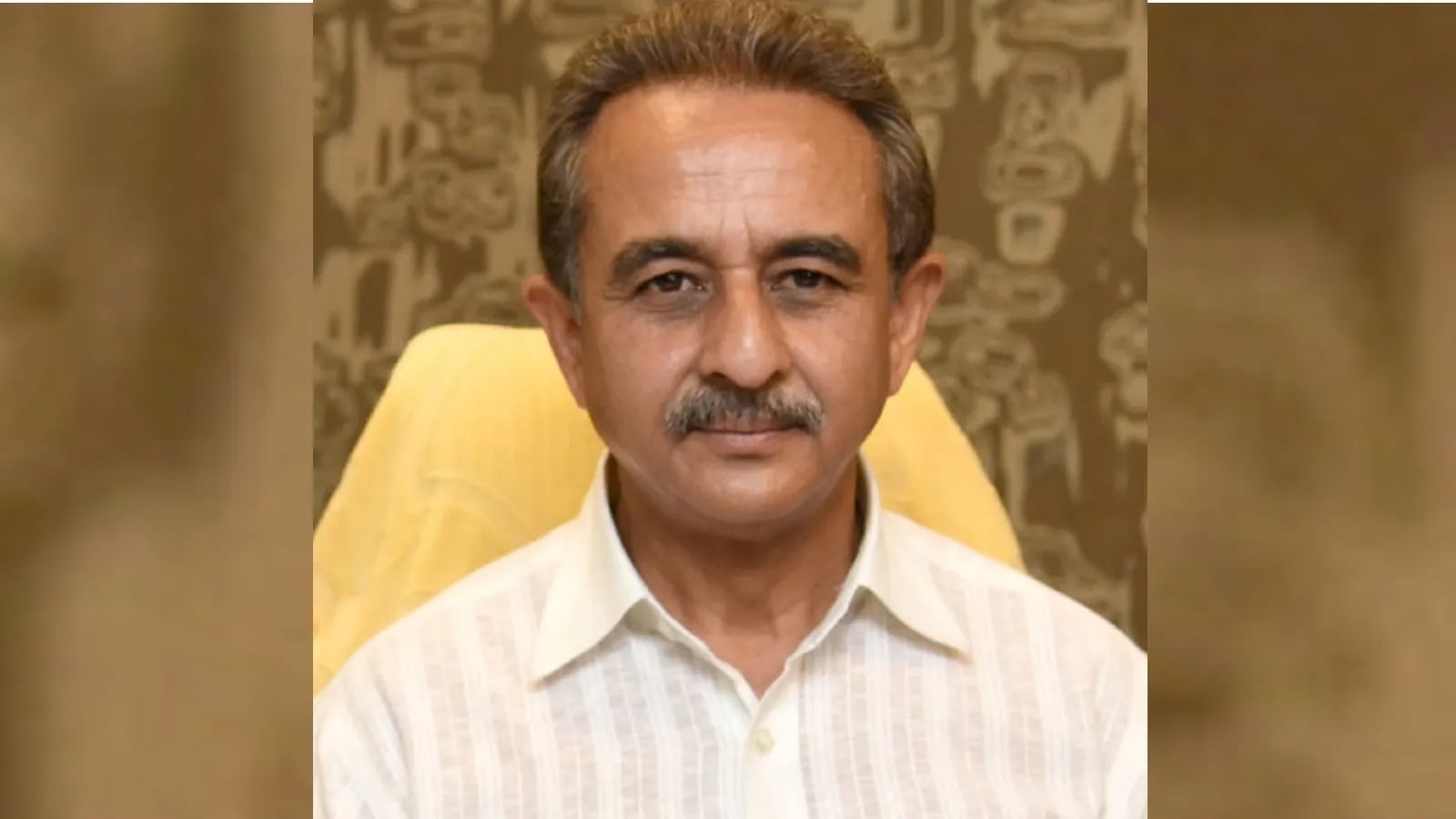ARTICLE AD BOX
The Supreme Court on Thursday asked the Centre if a Governor has unlimited power to withhold a Bill for time immemorial, then what is the safeguard for a duly elected legislature.
The remarks came as Solicitor General Tushar Mehta appearing for the Centre repeatedly underlined before a five-judge Constitution bench, hearing President Droupadi Murmu’s reference on the question whether the court can impose timelines for Governors and President to deal with Bills passed by state Assemblies, that the judiciary too needs to respect the separation of powers and that solution to such problems lay in the political sphere.
The hearing saw sharp exchanges, with the SC bench questioning Governor withholding Bills indefinitely and the Centre pushing back reminding the court that the top judiciary had opposed setting time limit for trial courts or giving any foothold to the executive in judicial appointments by striking down the National Judicial Appointments Commission (NJAC) Act.
“Suppose a legislature, which is elected by a two-thirds majority unanimously passes a Bill… Then if he (Governor) doesn’t exercise the proviso, it will make the legislature totally defunct,” Chief Justice of India B R Gavai presiding over the bench observed. The bench also included Justices Surya Kant, Vikram Nath, P S Narasimha and A S Chandurkar.
To the CJI’s comment, SG Mehta said: “Your Lordship’s concern is a concern, but the answer is this forum is not the solution. Solution is… amendment of the Constitution and till that happens, the political process… Every state does not take such a confrontational position. They too exercise their diplomatic solutions… they persuade, discuss, debate… and ultimately the problem gets solved. Your Lordships are not flooded with state governments saying Bills are pending.”
He said the judiciary’s penchant to intervene in the matter “necessarily presupposes a belief that ultimately we will have to solve every problem”. The senior law officer went on to quote celebrated American judge Benjamin N. Cardazo, saying, “The judge even when he is free is not a knight-errant, roaming at will in pursuit of his own ideal of beauty and goodness.”
Mehta explained that the knight errant was an allusion to a “speaking of a fictional character roaming around trying to correct everything he felt was wrong about society”.
Story continues below this ad
He said, “Even if the Governor sits on the Bill, the solution does not lie here but in the political sphere. There are all political cases. Such instances do happen and are solved through the democratic process. It is wrong to believe that there can be circumstances where every other organ would fail and therefore the only other organ would be this organ… There are certain problems which are not solvable by the judiciary. They are to be solved by a political democratic process. When such a thing happens, we have to expect and accept that there are constitutional functionaries who are responsible and responsive because they are answerable to the people everyday and at least every five years.”
The CJI, however, said “Governor is not answerable to anyone”.
Disagreeing, Mehta said, “Governor is the most vulnerable office… When Governor sits over a Bill, for good reasons, bad reasons, no reason, whatever, then the political process takes over. Governor can be called back… Why should we not trust other constitutional functionaries? It is a matter of the Chief Minister talking to the other constitutional functionaries that we are facing a constitutional problem.”
“Whenever something happens in the judiciary, the system takes care of it. There is an inbuilt system and every problem does not come on the judicial side. Your Lordship takes a decision on the administrative side.”
Story continues below this ad
Justice Narasimha said the judiciary not taking up the state’s complaint when the Governor withholds a Bill for long may lead to a logjam.
Mehta said, “Every logjam may not have a solution with the judiciary… There are several problems which will have to be sorted out as per the constitutionally prescribed democratic political process and the court would hold its hands saying it’s non-justiciable…”
The CJI then asked: What then happens to the will of the two-thirds majority of the state?
Mehta said, “I do not like the way I am going to answer. But suppose a citizen approaches the President saying my trial is pending since 10 years and the sessions judge is not taking up the matter and my offence is punishable with only 7 years imprisonment…can inaction on part of the judiciary empower the President to declare him having already undergone the sentence?”
Story continues below this ad
“Some problems the solution can come from only within the system. That is the doctrine of separation of powers… The moment the executive tried to step in the judicial domain, Your lordships have restricted… on the ground or separation of powers. That is how NJAC went. The NJAC was declared illegal… It was passed unanimously, but your Lordships protected the separation of powers… It will have to be a two-way street. Some issues are non-justiciable.”



.png)
.png)
.png)

























 English (US) ·
English (US) ·